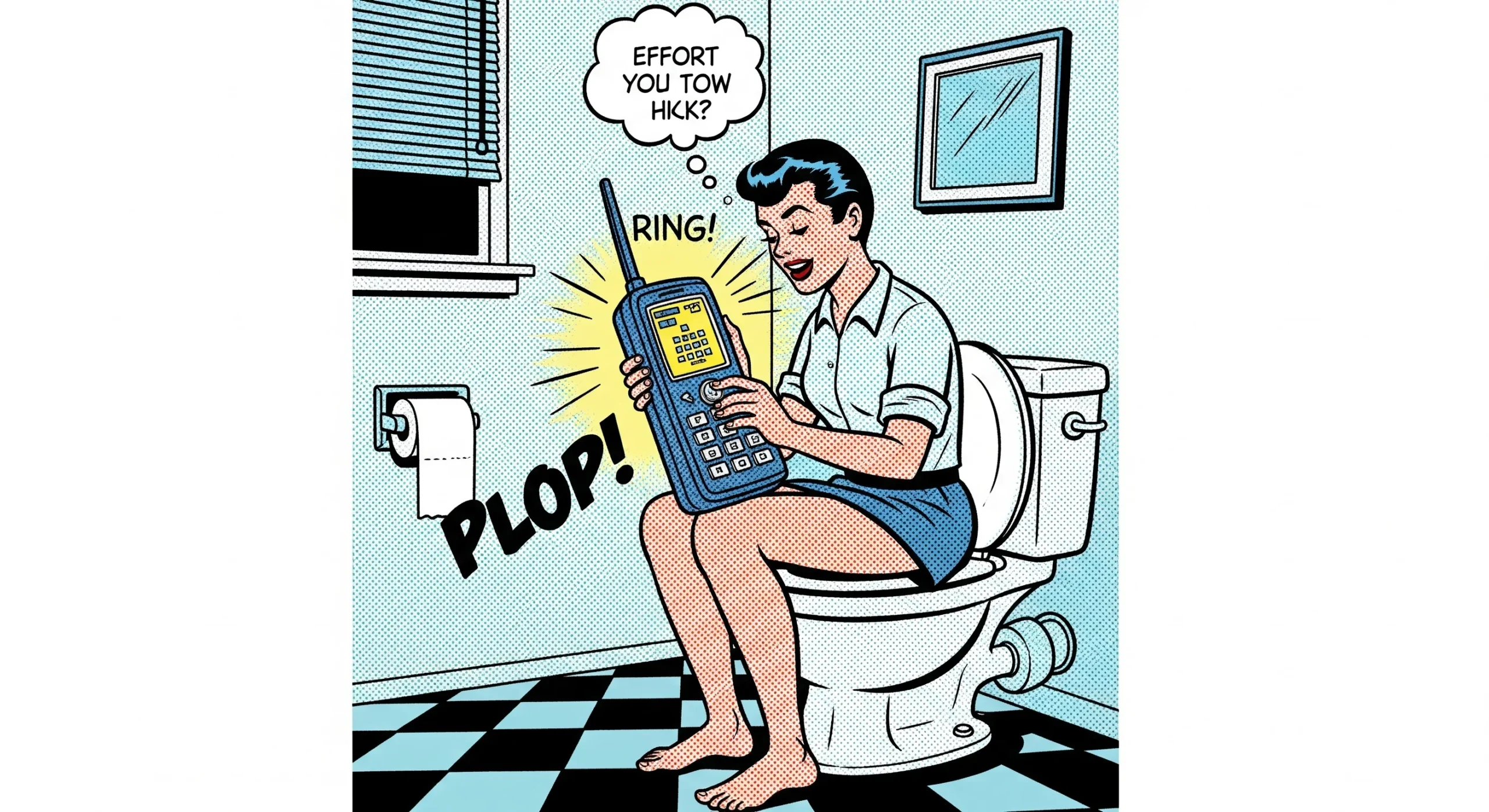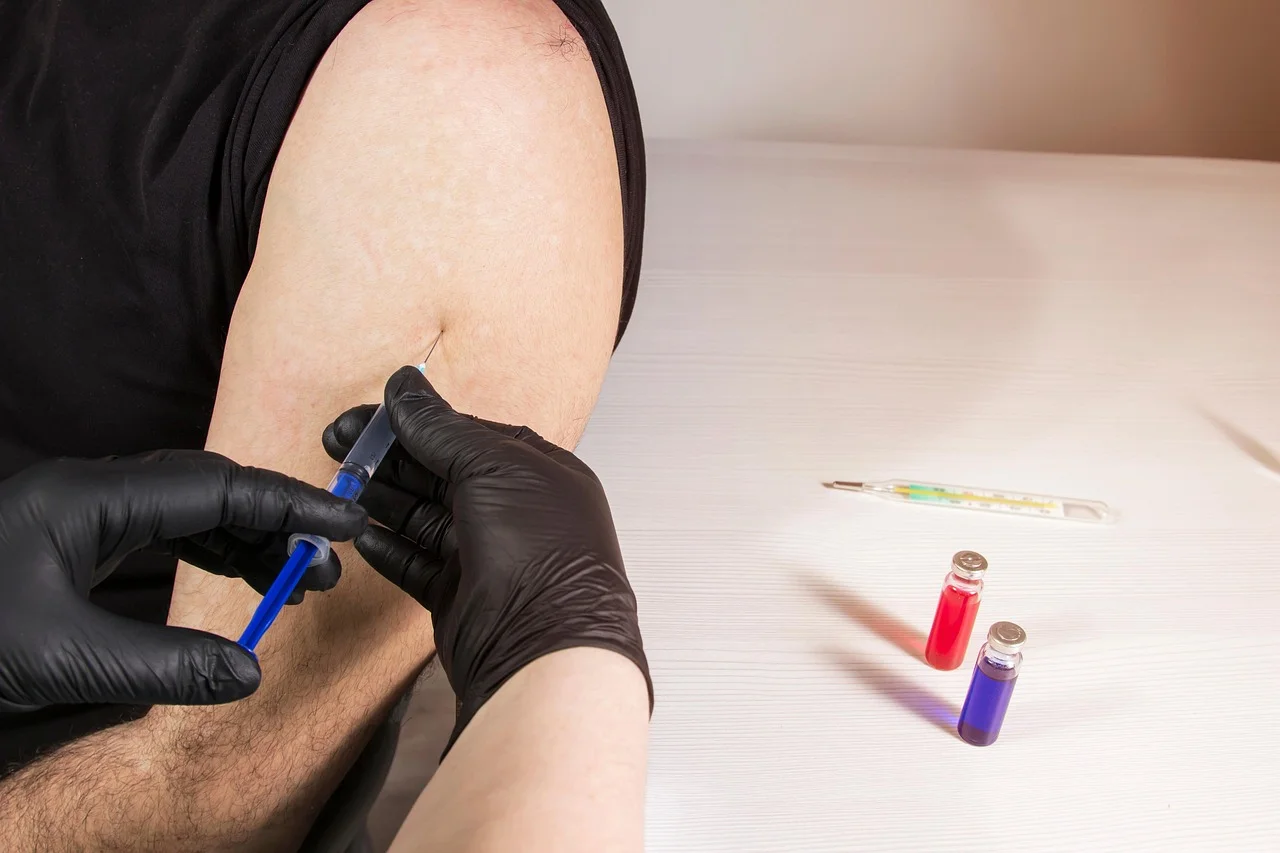The Toilet Time Trap: How Smartphone Use in the Bathroom Affects Your Health
Do you find yourself spending more and more time in the bathroom? It might be time to reassess your habits. The humble toilet has long been a sanctuary, a place for a few moments of peace and quiet. But in the digital age, this private space has become a haven for something else: smartphones. Unfortunately, this seemingly harmless activity is creating health issues for many.
This article delves into the surprising link between smartphone use in the bathroom and the increased risk of hemorrhoids. We will explore the science behind this connection, and offer practical tips to help you protect your health.
The Hidden Risks of Bathroom Scrolling
The convenience of smartphones allows us to stay connected to the world, even while taking care of our bodily needs. But as a recent study published in PLOS One has revealed, this habit might be detrimental to our health.
This research shows a clear correlation between spending a lot of time scrolling on our phones in the bathroom and an increased risk of developing hemorrhoids. It’s a condition where the veins in the rectum and anus become swollen and inflamed.

The study’s findings are a wake-up call. Prolonged toilet time, fueled by smartphone use, is not just a time-waster; it can lead to real health problems.
Unveiling the Hemorrhoid-Smartphone Connection
The core issue lies in the extended duration we spend on the toilet. When engrossed in our smartphones, we lose track of time. This extended sitting, particularly on an open toilet seat, places undue pressure on the rectal area.
The open toilet seat lacks pelvic floor support, changing the angle at which we evacuate. This can exacerbate the risk. The pressure on the rectum can cause blood to pool, leading to swelling and potentially, hemorrhoids.
The study found that those who regularly used their smartphones in the bathroom faced a 46% higher risk of developing hemorrhoids. A significant portion of these users spent more than five minutes on the toilet.
This is a significant finding that highlights the impact of our modern habits on our physical health.
Why Are Smartphones to Blame? Understanding the Mechanics
The position we assume on the toilet while using a smartphone contributes to the problem. We tend to hunch over, which isn’t ideal for bowel movements. Our bodies are designed to eliminate waste most effectively in a squatting position.
The extended sitting time, combined with poor posture, increases pressure in the rectal area. This can obstruct blood flow, potentially causing the veins to swell.
It’s not just the strain of the act itself; it’s the passive time spent sitting and waiting. It appears that the passive smartphone use is a major contributing factor to the engorgement and bulging of hemorrhoidal cushions, leading to the formation of hemorrhoids.
Constipation: Is It a Factor?
Interestingly, the study did not find a link between smartphone use in the bathroom and increased constipation. The focus of the study was the prolonged sitting time on the toilet, rather than straining, and researchers concluded that is was the extended sitting that caused the increased risk of hemorrhoids.
This suggests that it’s not necessarily straining that causes the hemorrhoids, but the time spent in a compromised position.
For further information on gut health, read this article: The Fiber Advantage: Optimize Your Health with the Right Fiber for Weight Loss & Gut Health.
Younger Generations at Risk
While the study primarily focused on adults aged 45 and older, the conclusions are relevant to younger individuals too. They are more likely to be constantly attached to their smartphones.
This means that the risks associated with bathroom smartphone use extend across generations. The findings serve as a reminder that our daily habits have long-term health consequences.
It’s a stark illustration of how technology has subtly reshaped our lifestyles, often with unforeseen health outcomes.
Practical Tips to Reduce the Risk
The simplest way to lower your risk is to leave the phone outside the bathroom. If you must bring it, there are several recommendations to follow:
- Limit your time: Aim for a maximum of 3-5 minutes on the toilet for a bowel movement.
- Set a timer: Use a timer to help you stay mindful of how long you’re sitting.
- Assess Your Urgency: If nothing is happening in those 3-5 minutes, it is best to stand and try again later rather than overstaying your welcome.
Gastroenterologists previously advised people to spend no more than 10 minutes sitting on the toilet. Three to five minutes would be ideal.
Beyond Hemorrhoids: Considering the Bigger Picture
The impact of excessive bathroom time extends beyond hemorrhoids. Prolonged sitting can also affect posture, and contribute to other health issues.
Being mindful of this connection can help you make healthier choices. We often rush through life, but it’s okay to slow down in the bathroom.
The Digital Detox: Reclaiming Your Bathroom Time
Taking a break from your phone while in the bathroom might seem like a small change. But it can lead to significant improvements in your health.
By prioritizing your health and well-being, you can cultivate healthy habits.
Consider integrating your phone use into a digital detox strategy to protect your health. For more information on the dangers of smartphones, read this article: Smartphone Addiction: Dangers to Mental Health & How to Break Free.
Additional Considerations for Enhanced Well-being
To proactively manage your health, it’s wise to incorporate several healthy habits:
- Diet: Adopt a balanced diet rich in fiber to improve your gut health.
- Exercise: Regular physical activity can promote healthy bowel movements.
- Hydration: Stay well-hydrated to keep things moving smoothly.
These lifestyle choices will support not only your digestive health but your overall well-being, aligning with Be Full, Be Health’s dedication to holistic health.
The Bottom Line: Be Mindful of Your Bathroom Habits
Ultimately, the key takeaway is to be conscious of your bathroom habits. Smartphones have become an integral part of our lives. But it’s crucial to recognize their impact on our well-being and make informed decisions.
By implementing simple changes, like leaving your phone outside the bathroom, you can take a significant step toward safeguarding your health.














Post Comment